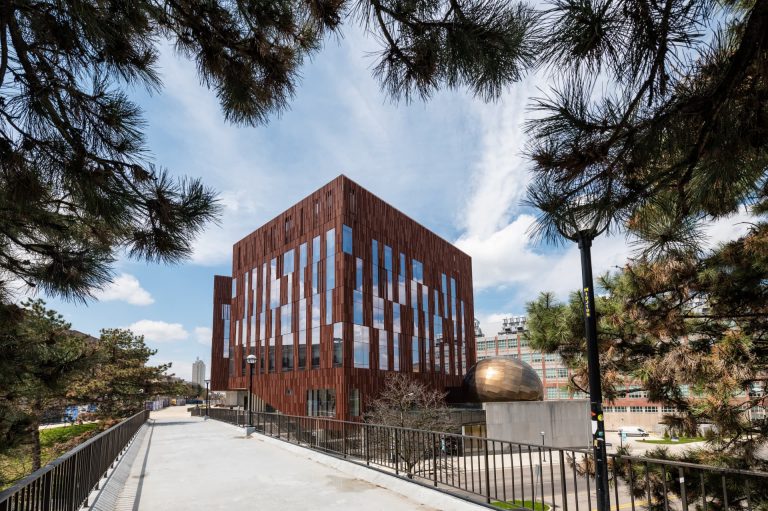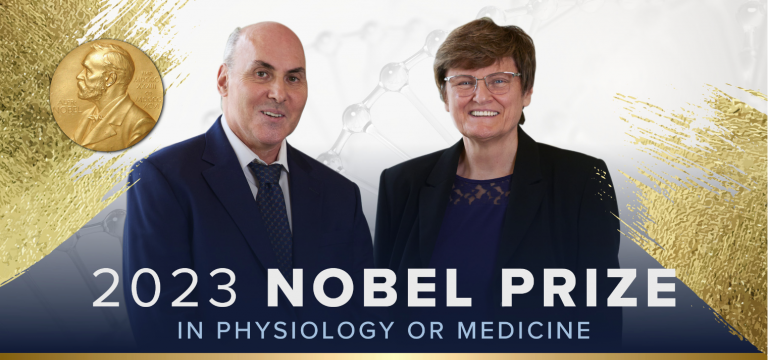
“Over the years, studies have found that more than 80% of the genome may be involved in transcription, or producing noncoding RNA,” said Andrzej Wierzbicki, a professor in the University of Michigan Department of Molecular, Cellular and Developmental Biology. “So the dilemma was: Is all this noncoding RNA functional? Is it important for something? Or is it just noise of the process of transcription or an error of detection methods?”
Paper cited:
Broad noncoding transcription suggests genome surveillance by RNA polymerase V, Masayuki Tsuzuki, Shriya Sethuraman, Adriana N. Coke, M. Hafiz Rothi, Alan P. Boyle, and Andrzej T. Wierzbicki,
Proceedings of the National Academy of Sciences, first published November 16, 2020;
https://doi.org/10.1073/pnas.2014419117
Significance
Eukaryotic genomes are pervasively transcribed, yet most transcribed sequences lack conservation or known biological functions. We show that a specialized plant-specific RNA polymerase V broadly transcribes the Arabidopsis genome. We propose a model where Pol V transcription surveils the genome and is required to recognize and repress newly inserted or reactivated transposons. Our results indicate that pervasive transcription of nonconserved sequences may serve an essential role in maintenance of genome integrity.
 “Over the years, studies have found that more than 80% of the genome may be involved in transcription, or producing noncoding RNA,” said Andrzej Wierzbicki, a professor in the University of Michigan Department of Molecular, Cellular and Developmental Biology. “So the dilemma was: Is all this noncoding RNA functional? Is it important for something? Or is it just noise of the process of transcription or an error of detection methods?”
“Over the years, studies have found that more than 80% of the genome may be involved in transcription, or producing noncoding RNA,” said Andrzej Wierzbicki, a professor in the University of Michigan Department of Molecular, Cellular and Developmental Biology. “So the dilemma was: Is all this noncoding RNA functional? Is it important for something? Or is it just noise of the process of transcription or an error of detection methods?”

